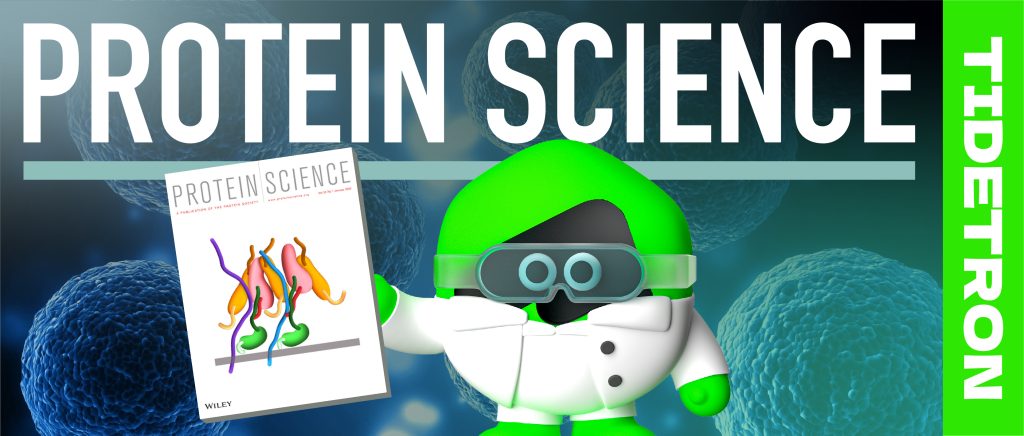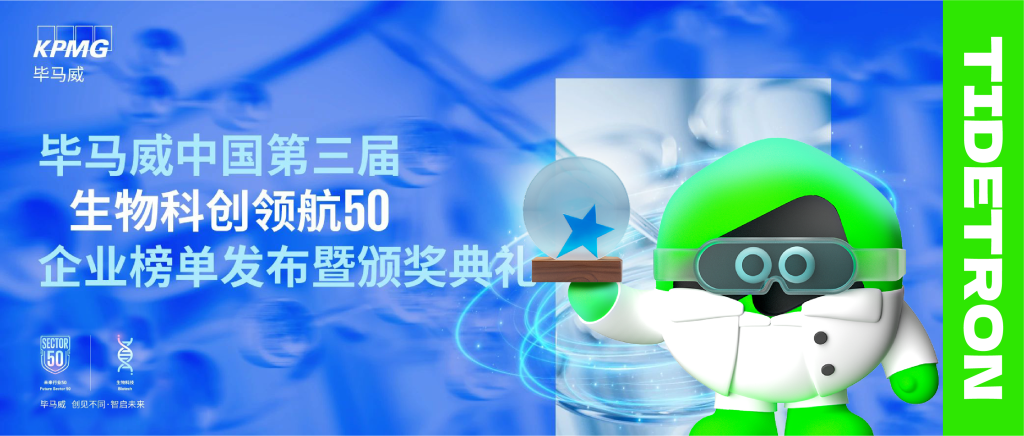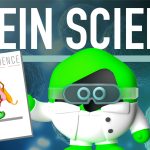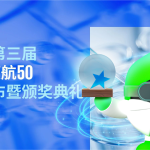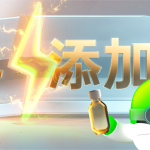Beijing, June 15, 2012 - According to the latest news from StateTron Bio, the company has recently launched a bio-based PBS project with Nanjing University of Technology, with a planned capacity of one million tons, confirmed to be located in Guangzhou, Guangdong. The bioprocess butanedioic acid technology is developed by Ouyang Pingkai, an academician of the Chinese Academy of Engineering, and Jiang Min, a professor of Nanjing University of Technology, is the chief scientist of the cooperation project, while Stato Bio relies on its mass production manufacturing platform to further optimize the metabolic pathway.
PBS embraces market windfall as new regulations emerge
PBS, scientifically known as polybutylene succinate, is a polymer. Its own heat resistance, excellent mechanical properties and other multi-faceted features, used in disposable tableware, food packaging, medical materials, etc., can be degraded in nature under the action of bacteria or enzymes to achieve degradation, and is regarded as a potential stock in environmentally friendly materials.
Some industry research shows that the global annual use of plastic bags about 1 trillion, plastic bottles about 200 billion. The global plastic packaging market size during the epidemic prevention and control grows from $909.2 billion in 2019 to $101.26 billion in 2021.
Under the goal of "double carbon", plastic restrictions layer by layer, in May this year, the "14th Five-Year Plan" for the development of bio-economy was released; in June, "biodegradable plastics and products degradation performance and marking requirements" "biodegradable drinking straws" two national standards for degradable plastics were officially implemented ...... now chemical raw materials and processes of biotechnology replacement has become the trend, PBS has become the green material on the wind.
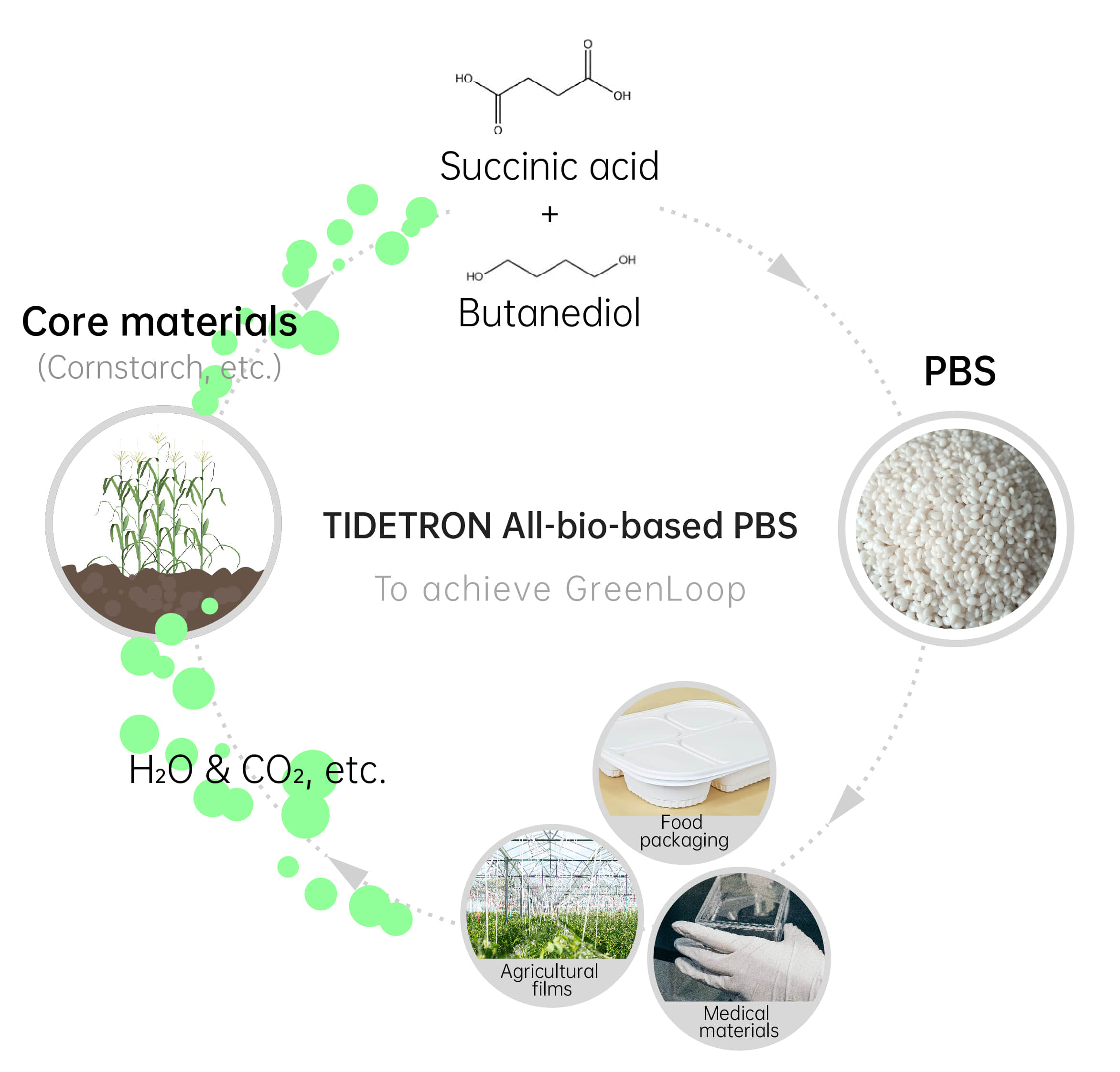
Bio -base PBS production and application
Cracking production capacity problems, school -enterprise strong combination
Biodegradable plastic will become the main traditional plastic substitution products, but insufficient production capacity and contradiction between supply and demand are very obvious. According to the source of raw materials, PBS is divided into two categories: petroleum -based PBS and biological base PBS. The market is still the former.
According to public reports, PBS's core ingredients are dysic acid. There are currently about 15 manufacturers, and basically the oil -based raw materials are basically the maximum of 1,000 tons of single -line production capacity. The supply is tight. Due to the sharp increase in demand and the non -renewable attributes of petroleum resources, the scale of supply of biological PBS needs to grow urgently.
However, for a long time in the past, biological PBS has never been able to enter the market due to cost problems. Zhang Zhigan, the founder and CEO of State Creative Bio, introduced that this time Nanjing University of Technology and the leading technology leader, allowed Ding dysic acid to achieve efficient mass production and "direct costs". cost. In addition, the cooperation between the two parties has achieved technological complementarity in production processes, and production has further achieved green upgrades.
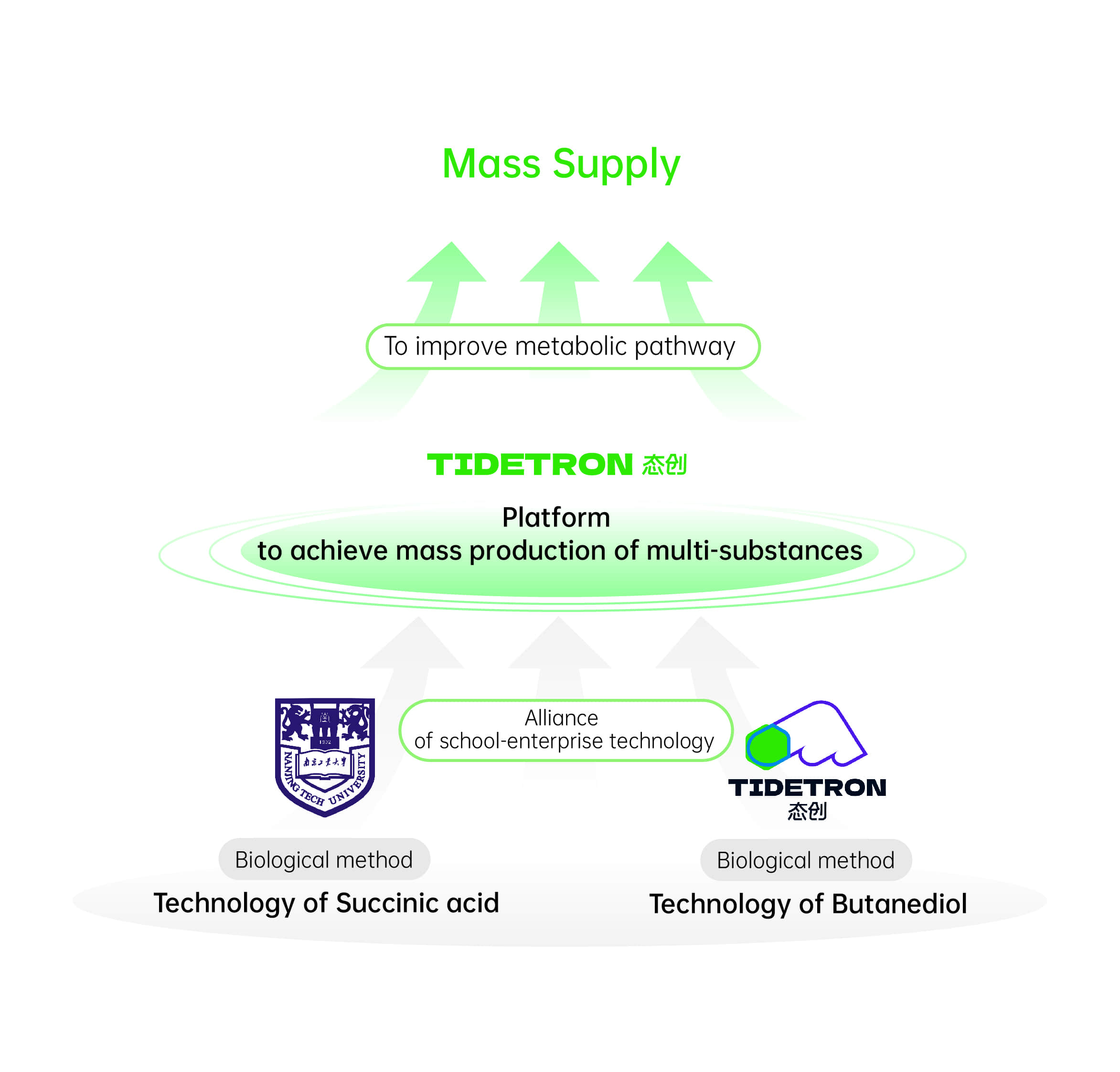
Poly material quality production combined biological platform cooperation model
Platform+technology, a total of carbon manufacturing
According to Jiang Yan, chief scientist of the project, professor of Nanjing University of Technology, and doctoral supervisor, Nanjing University of Technology, Ding Di -acid Industrial Bremist, saved the cultivation process of aerobic bacteria, which can achieve "one -step anaerobic". The concentration of dicenic acid can reach more than 70g/L, which allows a large amount of acid and alkali that originally needed to be consumed, and no by -products are greatly reduced, thereby greatly reducing costs. In this production process, carbon capture technology can produce carbon dioxide fixed by 0.37 kg of 1 kg duty dharomic acid.
Ouyang Pingkai, an academician of the Chinese Academy of Engineering and the chief professor of the engineering department of Nanjing Institute of Technology, and Academician Ouyang is known as the founder and pioneer of the Chinese Biochemical Discipline. In dharine, the level is obvious to all in the industry from the construction of bacteria, strain cultivation and fermentation.
Based on the technology of Nanjing University of Technology, the state -created creature provides its multi -material quality production platform, which improves metabolic channels through high -throughput filtering to further improve production efficiency. In addition, the state creative creature has a biofol -dinol mass production technology, which can be removed from the chemical consumption of tannic acid to butanol. PBS, making production green more and more environmentally friendly.
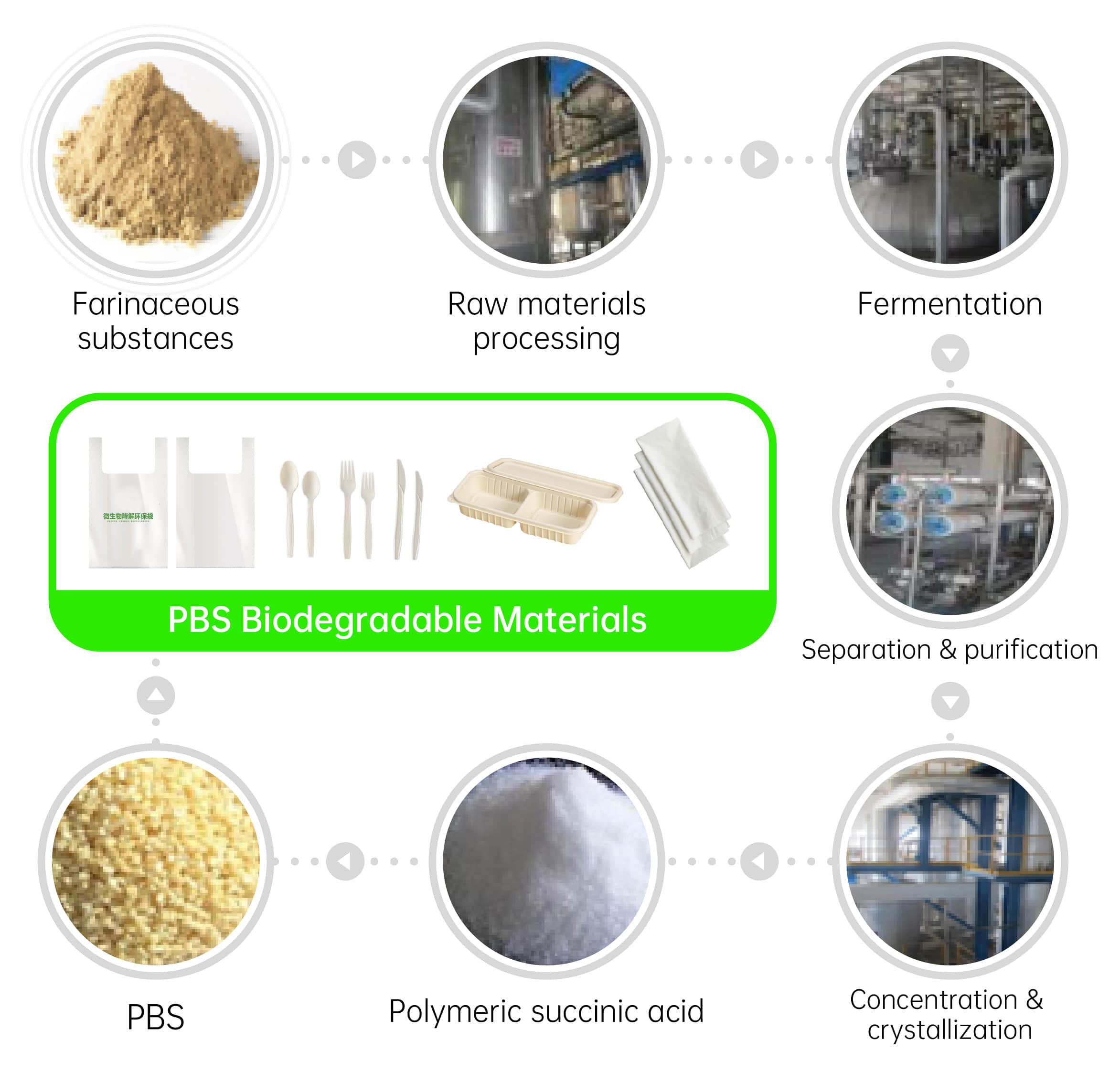
Green cycle for the whole biological base PBS
Millions of tons projects, attacking the trillion market
"As a biological manufacturing platform, the state -owned creature has always maintained open cooperation to the outside world. The establishment of the establishment is demand -oriented, breaking the barriers of scientific research and applications, laboratories and factories, so that synthetic creatures can effectively change traditional production and become green The power of low -carbon economy. "Zhang Zhigan introduced.
It is understood that the company has conducted a number of industry -university -research cooperation with Sun Yat -sen University and Jiangnan University, and this cooperation with Nanjing University of Technology is based on helping the "double carbon" goal to achieve, reducing environmental pollution, planning production capacity by millions, and promoting installment in installments. It is expected to achieve mass production by the end of the year.
In fact, the PBS cooperation project has attracted much attention. The two sides have bioflidinic acid and butanol technology, which have broad application scenarios and market space. The co -director, researcher Pan, and Lin Ze, a joint director, researcher Pan and Lin Ze of the International Joint Business School of Zhejiang University, said that biotechnology belongs to an important infrastructure of green ecology. In terms of cracking technological transformation problems, the government, scientific research institutions, industries, and enterprises have more open thinking, innovate cooperation, and make growth and shortcomings. Through technological solidarity, we can form an overwhelming force. In the "dual carbon" goal, we can obtain more rights to speak.
Article source: https://baijiahao.baidu.com/s?id=1735678190117369649&wfr=spider&for=pc



